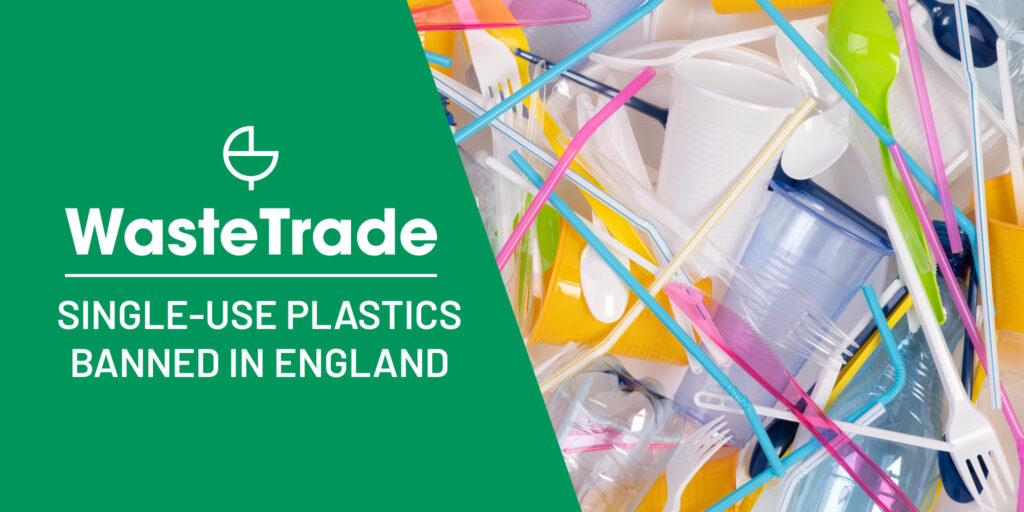May 31, 2023
England’s Single-Use Plastic Ban | Defra Publishes Guidance

Single-Use Plastic Ban
The United Kingdom’s Department for Environment, Food and Rural Affairs (Defra) has recently made public its advisory on the impending ban of single-use plastics across England, set to come into effect from the 1st of October, 2023.
On the 14th of January, Thérèse Coffey, the Environment Secretary, released a statement announcing that a broad range of single-use plastics would be banned in England as of the 1st of October, 2023. With the arrival of the ban, businesses may no longer supply, sell or make available certain specific single-use plastic items across the nation.
This ban covers both online and over-the-counter sales; it includes items drawn from both old and fresh stocks and applies to all categories of single-use plastics. It also includes items that are biodegradable, compostable and recycled, and is relevant to products entirely or partially made from plastic, inclusive of coatings or linings.
Guidance for Businesses
As a preparatory measure, Defra has put forward an advisory for businesses regarding their course of action in the lead-up to the ban. The recommended steps include depleting existing stock ahead of the 1st of October, identifying reusable alternatives to single-use products, and exploring alternative materials to single-use plastics.
Whereas the ban does include ready-to-consume food and drinks served in polystyrene containers and cups, the advisory clarifies that businesses can continue to supply food or drink in polystyrene containers if the items require further preparation before consumption. Such preparation could involve the addition of water or cooking methods such as microwaving or toasting.
The ban means that businesses will no longer legally be allowed to provide single-use plastic plates, trays, and bowls to members of the public, or they risk incurring penalties.
The ban further extends to single-use plastic cutlery and balloon sticks, for which no exemptions have been granted, according to the guidelines.
Some Single-Use Items Exempt
Within the framework of this advisory, Defra outlined the specific criteria required for items to be considered exempt from the ban. These exemptions are applicable if a business is supplying the items to another business, or if the items serve as packaging that is pre-filled or filled at the point of sale. Examples of such exemptions could include a pre-filled salad bowl, a ready meal packaged in a tray, a plate filled at the counter of a takeaway, or a tray used for food delivery.
The Defra advisory offers further details on how inspections will be conducted to ensure compliance with the ban. As per the guidelines, local authorities will undertake inspections to verify adherence to the regulations. Inspectors are authorised to visit shops or stores, make purchases for testing, interact with staff and request access to records.
In the event of a violation, inspectors can mandate the offending business to bear the cost of the investigation. Complaints against a business alleged to have violated the law can be submitted to Trading Standards, as per the advisory.
Businesses are entitled to challenge a penalty within 28 days of receipt. If the business can establish that it took all reasonable measures to prevent any infringement of the regulations, it would constitute an acceptable defence, as per the statements from Defra within the advisory.
The advisory also provides technical data for manufacturers on expanded and extruded polystyrene. In a sweeping move towards a more sustainable future, these directives on single-use plastics, while posing initial challenges for businesses, will indeed contribute towards a more sustainable and circular English economy.
WasteTrade
At WasteTrade, we are always glad to see action being taken by governments to combat plastic pollution and accelerate the transition towards a circular economy. Single-use plastic bans in other countries have produced positive results, so, provided this new ban is implemented and managed properly, this could be a big step forwards for sustainability and circularity in England. However, banning single-use plastics alone is not enough, and other policies that mandate recycling and sustainable decision making are necessary to effect meaningful and lasting change.





